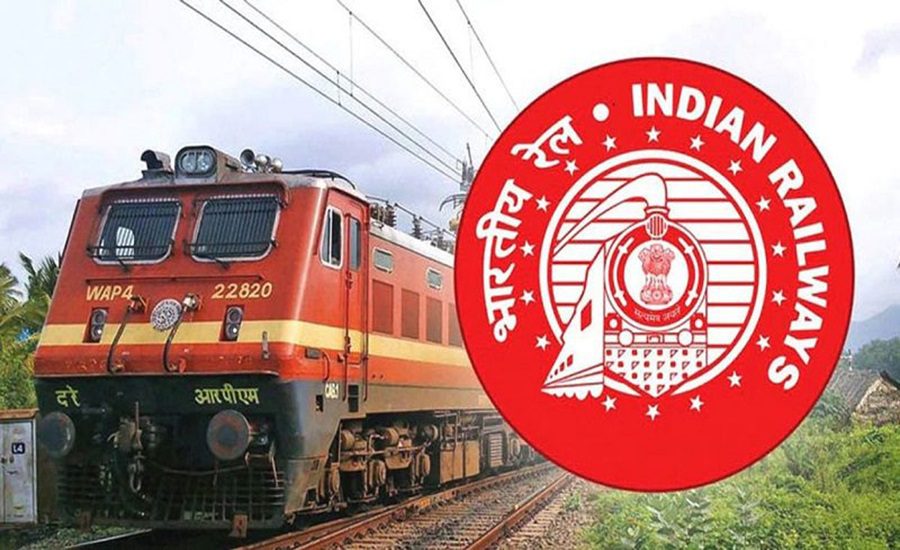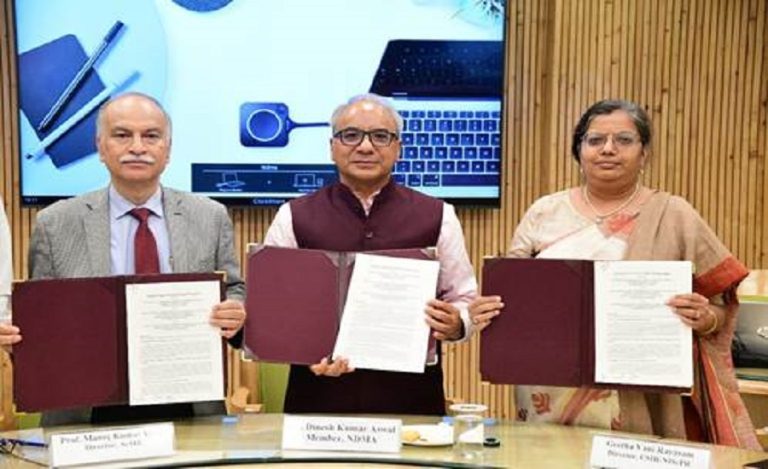New Delhi; In a strategic move to modernize its freight logistics infrastructure, Indian Railways has launched scheduled, commodity-specific cargo services aimed at enhancing connectivity between key production hubs and consumption centers across northern India. The initiative is designed to provide predictable, reliable, and industry-aligned logistics solutions, thereby increasing overall customer satisfaction.
According to an official statement, these services are part of Indian Railways’ broader effort to improve freight efficiency by introducing time-tabled operations and ensuring advanced visibility for cargo movement — a significant shift from conventional ad-hoc scheduling.
New Cargo Services Introduced
The newly launched cargo services include:
- Annapurna Service: Transports food grains from Ludhiana to Varanasi in approximately 17 hours.
- Gati-Vahan Service: Designed for the automobile sector, it connects Farrukhnagar (Haryana) to Lucknow, reducing transit time to 28 hours.
- Niryaat Cargo Service: Facilitates container transport from Garhi to Mundra Port in 32 hours, supporting export logistics.
- Anantnag Cement Cargo Service: Moves cement from Roopnagar to Anantnag in 31 hours, enhancing supply chains in Jammu & Kashmir.
Focus on Predictability and Efficiency
By offering scheduled services with fixed departure and arrival times, Indian Railways aims to enhance the predictability of freight movement — a critical requirement for time-sensitive and industrial cargo. The move is expected to reduce turnaround times, optimize supply chains, and cut logistics costs for businesses.
“These cargo services will provide customers with better planning capabilities and significantly reduce uncertainties in delivery timelines,” the statement noted.
Strategic Implications
This initiative not only strengthens Indian Railways’ role in multimodal logistics but also aligns with the government’s broader vision of transforming India into a global logistics hub. By shifting more cargo from road to rail — a more energy-efficient and cost-effective mode — the services also support sustainability goals.
Looking Ahead
Industry experts see this as a landmark step toward modernization of India’s freight network. If successfully implemented and scaled across other regions, the model could serve as a template for nationwide logistics transformation, promoting faster, cheaper, and more reliable cargo transport for various sectors.
About Indian Railways
Indian Railways (IR) is the national, state-owned railway company of India, overseeing the country’s vast rail transport system under the Ministry of Railways. Operating the world’s fourth-largest network, IR serves as the nation’s primary transportation for long distances, moving millions of passengers and large quantities of freight daily. The network is a crucial economic driver, providing affordable, energy-efficient, and environmentally sustainable transport, with ongoing investments in infrastructure, freight, and high-speed rail, as well as a commitment to achieving net-zero carbon emissions by 2030.
Read also: Indian Railways, SBI Partner to Provide Comprehensive Insurance Benefits to 7 Lakh Railway Employees




























